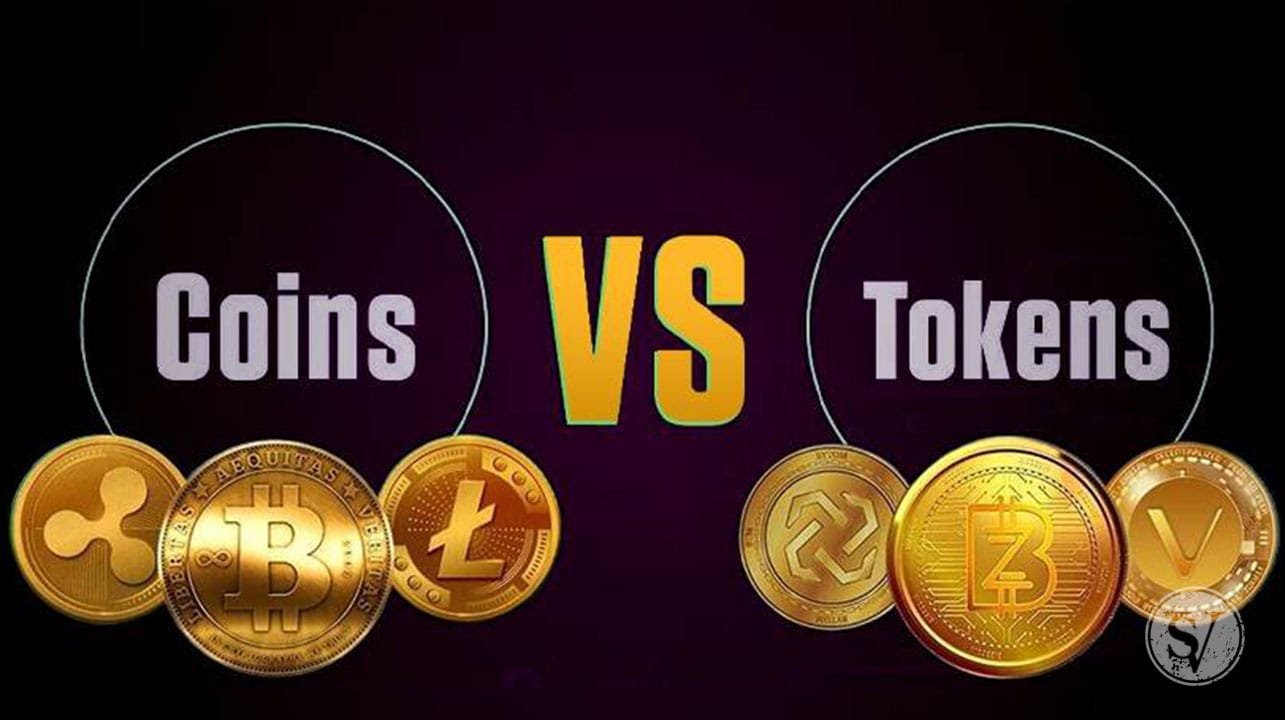A digital asset is a non-tangible asset that is created, traded, and stored in a digital format. In the context of blockchain, digital assets include cryptocurrency and crypto tokens.
What are those two factors that govern the much-hyped digital assets market? The answer is -cryptocurrencies and tokens. Are they two sides of the same coin? The answer is neither yes nor no but somewhere in the middle.
What unites the two?
Cryptocurrency and tokens are unique subclasses of digital assets that utilize cryptography, an advanced encryption technique that assures the authenticity of crypto assets by eradicating the possibility of counterfeiting or double-spending.
What separates the two?
The biggest difference between the two is this – cryptocurrencies have their own blockchains, whereas crypto tokens are built on an existing blockchain.
Let’s take a quick look at what else makes them distinct from each other –
Difference # 1: The key differentiation between the two classes of digital asset is that cryptocurrencies are the native asset of a blockchain — like BTC or ETH — whereas tokens are created as part of a platform that is built on an existing blockchain, like the many ERC-20 tokens that make up the Ethereum ecosystem.
Difference # 2: A cryptocurrency is the native asset of a blockchain network that can be traded, utilized as a medium of exchange, and used as a store of value. Tokens — which can also be referred to as crypto tokens — are units of value that blockchain-based organizations or projects develop on top of existing blockchain networks.
Difference # 3: A cryptocurrency is issued directly by the blockchain protocol on which it runs, which is why it is often referred to as a blockchain’s native currency.
Difference # 4: Cryptocurrencies are the native asset of a specific blockchain protocol, whereas tokens are created by platforms that build on top of those blockchains.
Difference # 5: Typically, crypto tokens are programmable, permissionless, trustless, and transparent. Cryptocurrencies typically serve as a medium of exchange or store of value. A medium of exchange is an asset used to acquire goods or services.
